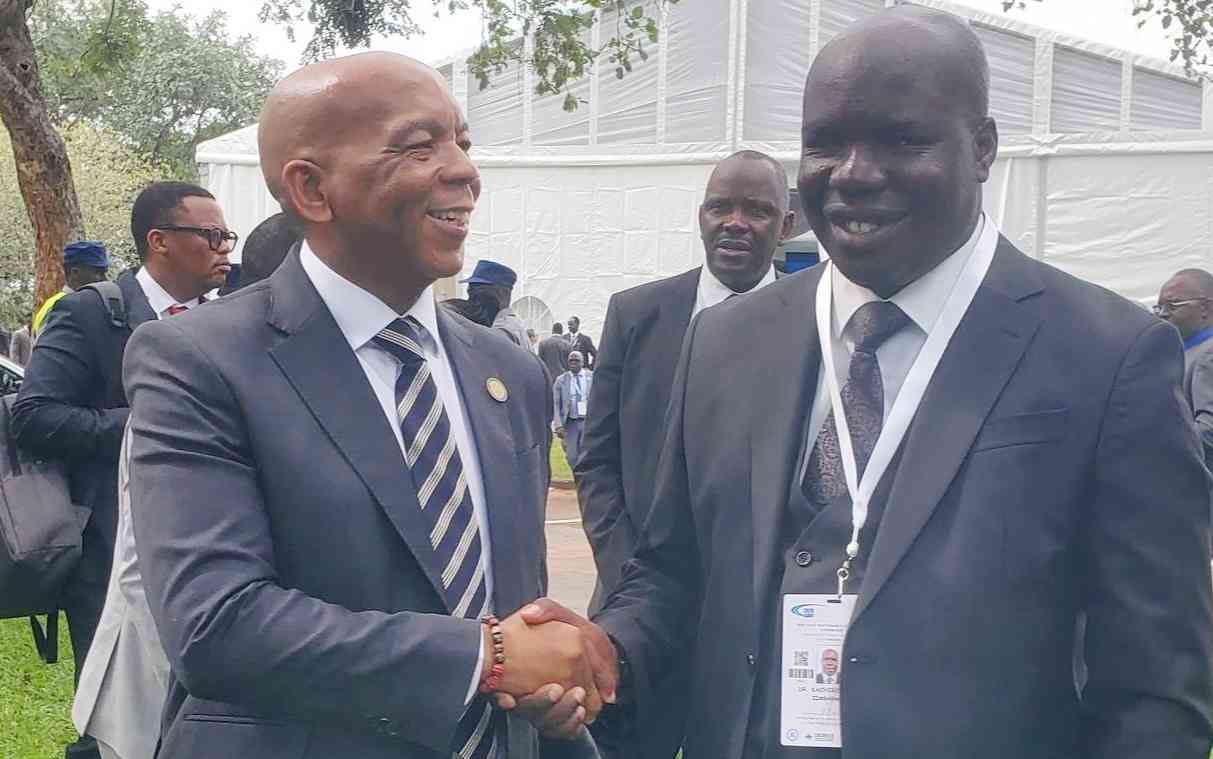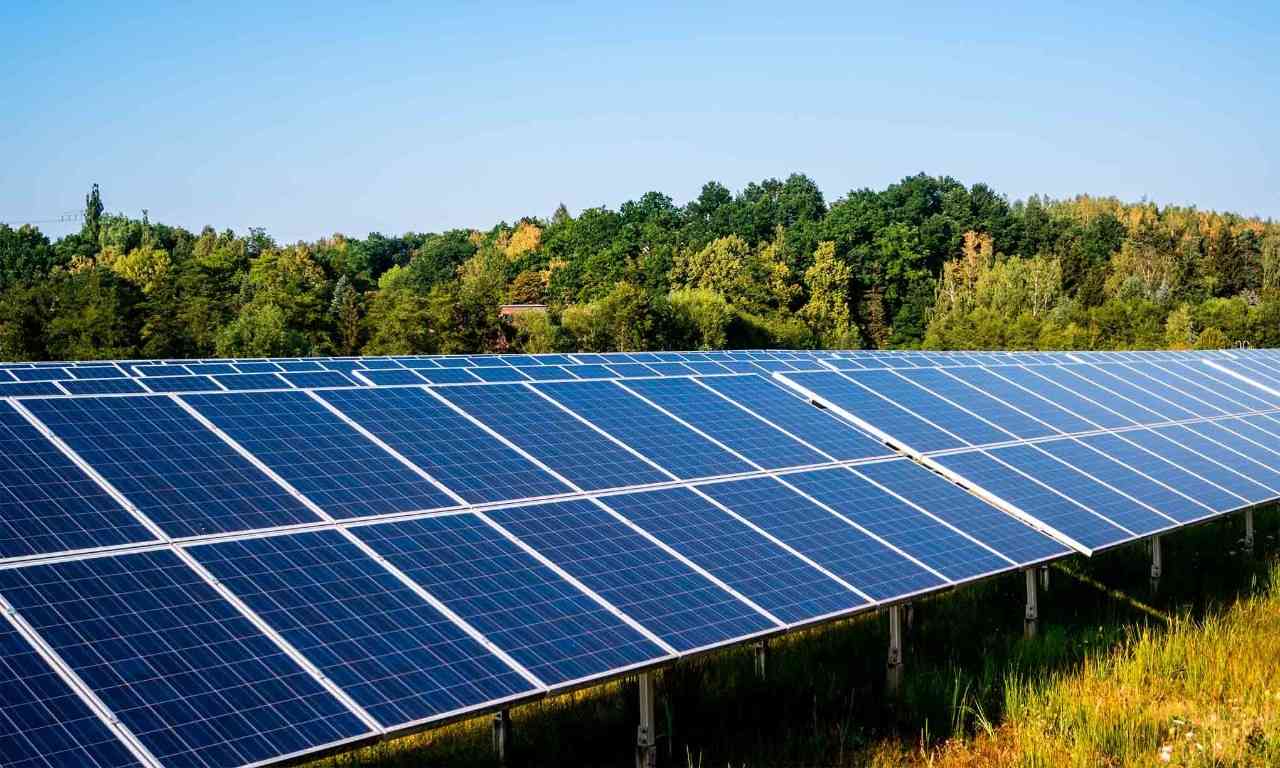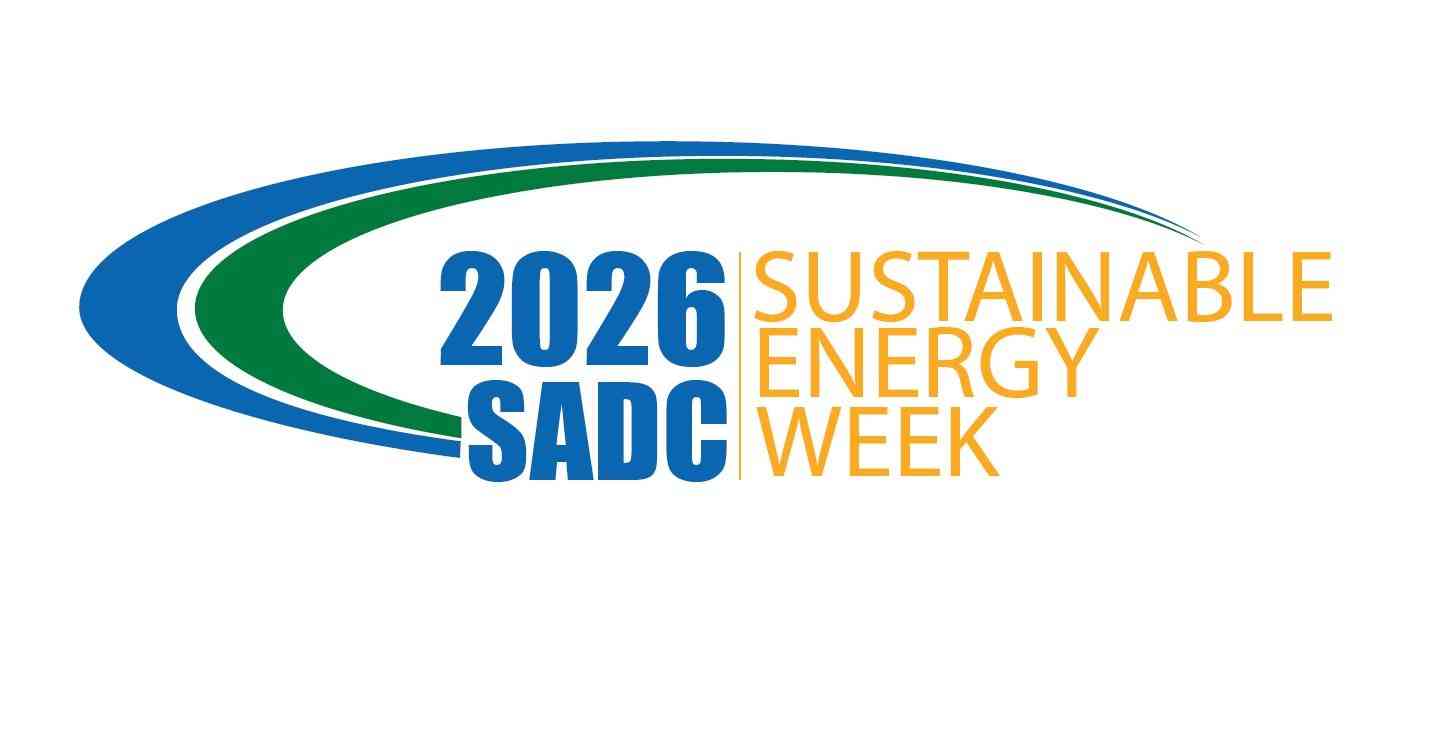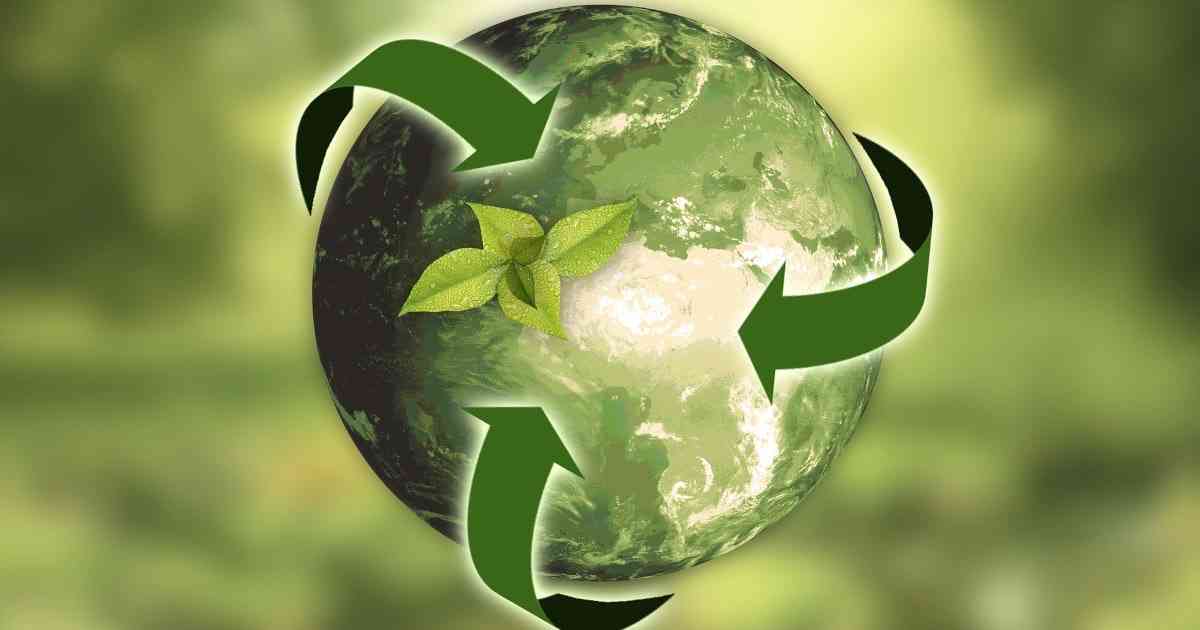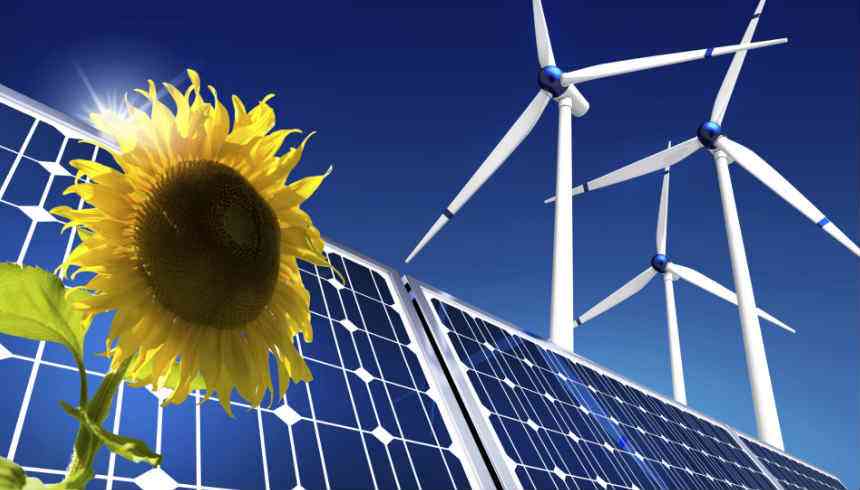
The dawn of a new African energy order
Africa stands at a historic inflection point — a moment where innovation, collaboration, and resilience can redefine our destiny. The story of a future-ready Africa is not merely a tale of technology or policy; it is a story of people, ideas, and courage — the courage to dream beyond limits and to connect those dreams into value that transforms lives.
As an engineer and energy practitioner who has walked the path from field substations to continental energy dialogues, I have witnessed one constant truth: energy is the heartbeat of development. It powers education, drives industry, sustains health systems, and fuels innovation. Without energy security, there is no economic freedom. Without sustainability, there is no generational guarantee. And without unity of purpose, there is no future-ready Africa.
Building resilient energy systems for a climate-conscious continent
Africa’s future cannot be built on fragile foundations. Our energy infrastructure must be resilient, adaptive, and inclusive. The era of centralised, carbon-heavy grids must give way to decentralised, clean, and intelligent networks that can withstand climate shocks and deliver reliable power to every citizen — from the streets of Harare to the villages of Malawi and the coastlines of Ghana.
At Power Giants Group, we have championed distributed generation and grid decentralisation as a cornerstone of energy reform. When communities generate and manage power closer to consumption points, they reduce losses, enhance efficiency, and build energy sovereignty. A future-ready Africa decentralises not only power systems but also opportunity.
Energy as the engine of sustainable development
Energy is not merely an SDG (Goal 7); it is the enabler of all Sustainable Development Goals.
- Mavhunga puts DeMbare into Chibuku quarterfinals
- Bulls to charge into Zimbabwe gold stocks
- Ndiraya concerned as goals dry up
- Letters: How solar power is transforming African farms
Keep Reading
Without affordable, clean power, SDG 3 (good health and well-being) falters — hospitals cannot function efficiently.
Without reliable electricity, SDG 4 (quality education) struggles — children cannot study at night or learn digital skills.
Without energy for industry, SDG 8 (decent work and economic growth) becomes a dream deferred.
And without energy access for women and youth, SDG 5 (Gender Equality) and SDG 10 (reduced inequalities) remain out of reach.
In essence, energy is the invisible thread that connects every goal, every home, and every human aspiration. A nation that invests in energy is investing in life itself.
Cross-pollination of ideas: From innovation to implementation
To create real value, Africa must move from concept to construction. We must connect the dots — policy to practice, design to delivery, and ideas to infrastructure. This is why I have often spoken of cross-pollination of ideas: bringing engineers, financiers, policymakers, and citizens to one table to reimagine how energy can work for everyone.
When a Kenyan solar startup partners with a Zimbabwean EPC firm, or when a Namibian research institution collaborates with a South African utility on green hydrogen, that is Africa connecting ideas — transforming intellectual capital into economic capital. Collaboration, not competition, will build the Africa we envision.
Harnessing Africa’s abundant renewable resources
Africa is blessed beyond measure. The sunlight that shines over the Kalahari, the wind that sweeps across the Cape, the rivers that flow through the Congo Basin — these are not just natural wonders; they are strategic assets.
Our continent must aim higher — 30GW of renewable capacity by 2040, integrating solar, wind, hydro, geothermal, and even nuclear energy as part of a balanced, forward-looking energy mix. Nuclear power, managed safely and ethically, can anchor base-load generation while renewables drive the distributed grid revolution.
Zimbabwe, for instance, can lead this transformation by scaling its renewable policies, establishing Green Industrial Parks, and incentivising clean tech manufacturing. This is how we translate potential into prosperity.
The role of policy and governance
Policy is the compass that guides national ambition. As Zimbabwe journeys toward Vision 2030, its National Renewable Energy Policy (2019) and National Development Strategy 1 (NDS1) offer a roadmap toward universal access, private-sector participation, and energy diversification.
But to build a future-ready Africa, policies must evolve from reactive to proactive — anticipating the next frontier of energy demand. Governments must prioritise local content, build investor confidence through transparent regulation, and create financial ecosystems that support innovation.
Investment should not only chase profit; it should pursue purpose. A truly modern energy policy sees the private sector not as a rival, but as a partner in nation-building.
Empowering people: The human core of energy transition
Technology alone will not deliver energy transformation — people will.
A future-ready Africa must empower its citizens with the skills, tools, and mindset to own their energy future. This means expanding technical education, promoting gender inclusion in STEM fields, and training artisans who can install, maintain, and manage renewable systems at scale.
I have always believed that a nation that powers its people will be powered by its people. Let us therefore light up not only homes, but minds.
Conclusion: Lighting the path to a future-ready Africa
Africa’s future is not something we wait for — it is something we engineer.
From Harare to Abuja, from Cairo to Cape Town, we must connect ideas that inspire innovation, create value that uplifts communities, and build systems that endure generations.
A future-ready Africa is one where every child studies under light powered by clean energy, where industries thrive sustainably, and where our nations trade electricity as freely as ideas.
Let us build an Africa that is not merely energy-sufficient, but energy sovereign — an Africa that powers the world through its wisdom, its will, and its unwavering belief in a brighter tomorrow.
As I often remind my teams at Power Giants:
“The future is not waiting to be discovered — it is waiting to be powered.”
*Edzai Kachirekwa is the CEO of Power Giants and a renewable energy expert.

